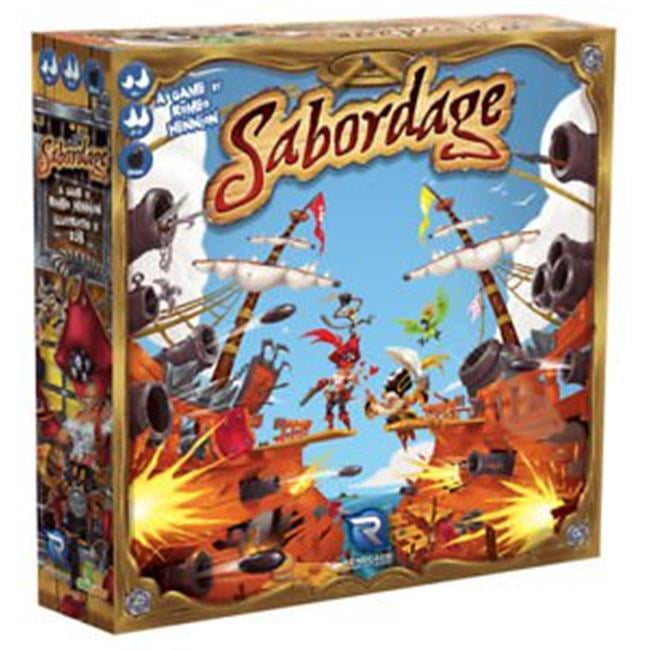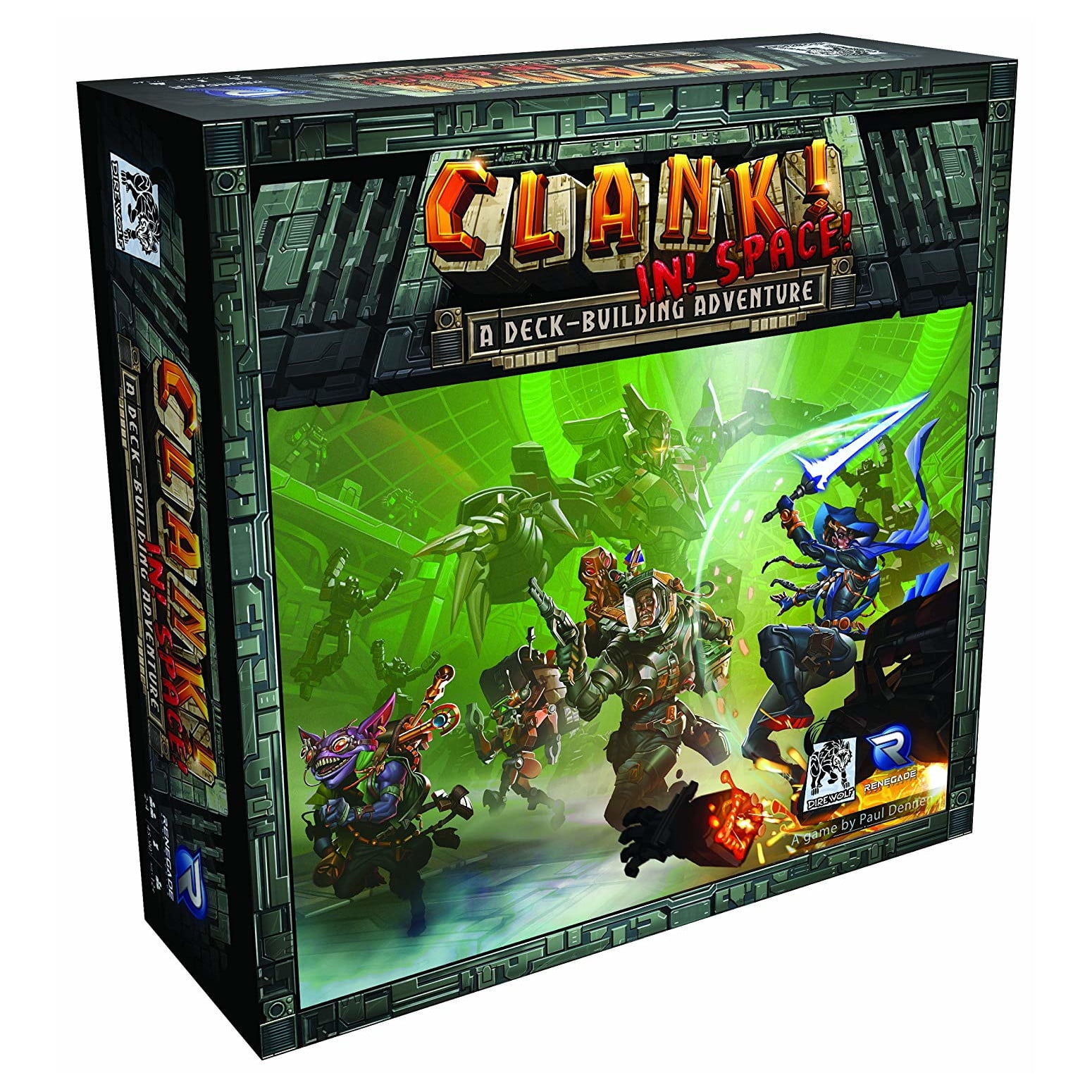

But this is a wonderful piece of strategy gaming, too Board Game Geek currently ranks it in the top-100 strategy games of all time. If it all sounds a bit dry thematically, that's because it is-unless you really have a thing for dates, salt, and guys on camels. (Arranging these cards in various sets can earn bonus points.) While the outer cards stay put, the inner cards are taken and can be added to one's tableau, where they grant victory points at the end of the game. So on each turn, you're angling not just for the actual cards you claim but for those middle cards where the x- and y-coordinates of your placements meet. usual.īut Targi's twist is that each player also takes the actions of the cards located at the grid positions where these wooden markers intersect. In each round, players alternate placing three wooden markers on edge cards, each of which grants resources (dates, salt, etc.) or abilities, and other players are shut out of those particular cards on that round. Targi is Tuareg for "terrific." (Not really.) This pleasing two-player, worker-placement, trading and acquisition game builds its rectangular board out of cards: the outer edge is made up of the same cards on every game, while the inner cards change routinely. You can also check out the excellent iPhone version for $3.99. Still, there's a ton going on in this little game, and we highly recommend it. The only real downside is that its scoring can be a bit opaque and mathy, which is at odds with the game's simple, elegant ruleset. There's a bit of luck involved, but that's part of Lost Cities' draw. Instead of playing a card, you can discard a card you don't want, but be careful-your opponent can grab your discards on their turn. "Handshake" cards can be played before you commit to a suit and act as multipliers for your score in that color, both positive and negative. Cards score their face value, so you'll need to play three or four cards before you break even. When you play a card to start an expedition, you're putting yourself on the clock-committing to a color puts you at a 20-point deficit until you can claw your way back to the positives. Players set off on expeditions by playing cards-which come in five different colors and are numbered 2-10-in ascending order on their side of a central board. What it's really about, though, is two players trying to score points through careful hand management, a judicious amount of luck-pressing, and knowing when to cut your losses. The game is nominally about explorers setting off on expeditions to discover mythological cities lost to time. The best two-player games are titles that could only exist as two-player experiences. Taken together, these cards provide plenty of strategic value to each hand. Ones will usually lose you the trick-but let you play first for the next trick.

Every 11 card forces your opponent to play their highest card of that suit, while each seven card gives the winner of the trick one point for each seven in the trick. Every three, for instance, allows whoever played it to change the trump suit right there in the middle of the hand. The other wrinkle is that some cards in each suit have special powers. What you absolutely don't want is 4-6 tricks or more than 10. So the game is about managing your hand to win either no tricks or a moderate amount of tricks.

Win 0-3 tricks in a hand and you gain six points win 7-9 tricks and you gain 6 points but win 10-13 and you gain nothing at all (you were "greedy"). In most of these games, you want to win as many tricks as possible with your hand of cards, though here it's more complex. If you can't "follow suit," you can play a card from any other suit-and one suit per round is always a "trump" suit that tops any other suit whenever it appears. This is a standard trick-taking game, where players each lay down one card per round (called a "trick") and the highest card wins that trick. But that's the magic of The Fox in the Forest, a wonderful trick-taker designed specially for two.

If you've played games for a while, you probably know that trick-taking games rarely fare well with two players.


 0 kommentar(er)
0 kommentar(er)
